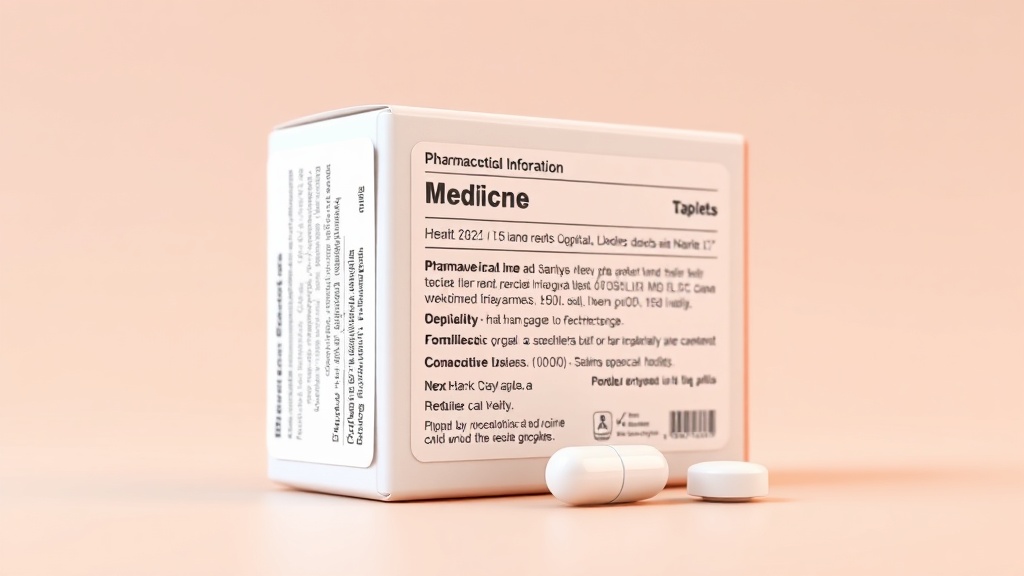Home / Health / Nocebo Effect Halves False ADHD Self-Diagnosis in Young Adults, Study Finds
Nocebo Effect Halves False ADHD Self-Diagnosis in Young Adults, Study Finds
13 Nov
Summary
- Study finds mental health education can trigger mistaken ADHD beliefs
- Lesson on 'nocebo effect' cuts false self-diagnosis rates in half
- ADHD referrals in UK up 13.5% in past year, raising overdiagnosis concerns

According to a study published in 2025, researchers from the University of Toronto have found that while mental health education is crucial, it can also trigger a mistaken belief that common issues young adults face, like tiredness and irritability, are symptoms of ADHD.
The study's lead author, Dasha Sandra, explained that believing you have a disorder can help make sense of confusing experiences, but a false self-diagnosis could prevent someone from getting an accurate diagnosis or addressing real challenges in their life. It also diverts resources from those who need help due to an underlying neurodevelopmental condition.
The study trialed 215 young adults without an ADHD diagnosis. Some participants attended a workshop on ADHD, while others also received a lesson on the 'nocebo effect' - where negative expectations can worsen symptoms. Researchers found that those who only received ADHD awareness information had a stronger belief that they had the disorder, with self-diagnosis rates increasing from 30% to 60%. However, for those who also learned about the nocebo effect, false self-diagnosis rates were cut in half and disappeared entirely after one week.
The findings come as the NHS reported a 13.5% increase in ADHD referrals in the UK over the past year, reaching up to 20,000 new assessments in March 2025. Experts say ADHD remains underdiagnosed in some populations, but there are also concerns about overdiagnosis, which this study suggests could be mitigated through more balanced mental health education.



